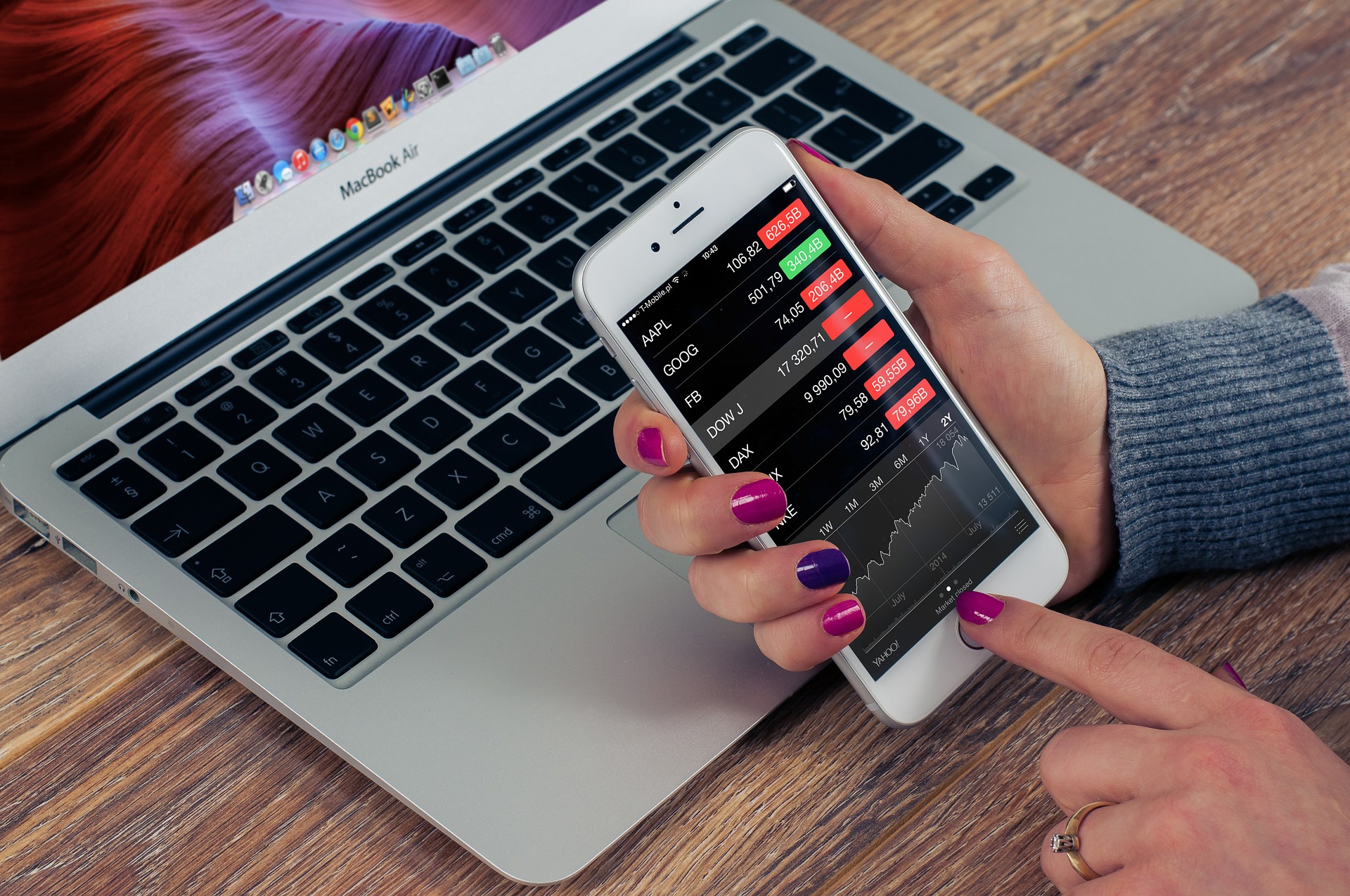Image courtesy of Pixabay
It’s July 2020 and we’re all living through the worst pandemic of the 21st century, even at a 1-2% mortality rate, the death toll is more than 500,000 worldwide.
The bad news is that most results for vaccine trials have only delivered sketchy results and fast COVID-19 vaccine timelines are probably unrealistic at this point.
But here’s the good news – there are still a few things that are completely under your control, your mental health and the amount of influence digital technology has on it is one of them.
Why A Digital Detox During The Pandemic Isn’t A Strange Concept
A digital detox involves giving up electronic devices like your smartphones and computers for some time to reduce stress when you refrain from online engagement. A detox can be complete or partial so if you can’t completely unplug from your job especially in a period where companies are going completely remote, a partial detox can still help.
Here’s all the research-backed data that proves a digital detox can be a coping mechanism for those struggling with all that’s going on:
1. Smartphones Are Ruining Family Time
The coronavirus has everyone indoors so there are no events, no parties, and no fun things to do outside. You would think connection with family will happen naturally since everyone is pretty much stuck inside but research from Dr. Jenny Radesky and her team at the University of Michigan shows this is usually not the case.
Smartphones were seen in the study to contaminate established family routines and increase stress and this is a cycle you’re probably already familiar with.
People are struggling indoors and want to lean on other family members for support and encouragement. When they’re not getting this, stress levels increase and online social interaction seems like an escape plan but this further worsens family bonds and the cycle repeats itself.
A digital detox reverses this, reducing parent-child tension, general anxiety levels, mood swings, and sibling rivalry. Dr. Radesky advises creating device-free periods and device-free zones at work. The dining could be a good start for a device-free zone as two researchers from the University of British Columbia in Canada have already established a link between device use at the dining table and happiness levels.
2. Digital Devices Reduce Sleep Duration
There are not too many things more important than sleep to get through the stress of the pandemic but sadly most people aren’t getting enough of it and the data proves it’s not a trend that started six months ago.
The average healthy adult needs to get 6-9 hours of sleep every night but 2016 data from the CDC shows that 1 in 3 American adults were not getting enough sleep. There are many reasons for the short sleep duration epidemic, especially among teens and millennials but one that comes up frequently, and in very subtle ways too, is technology.
One way your phones or laptop can suppress sleep is by influencing your body’s circadian rhythm. The circadian rhythm acts as a biological timer to control various functions and one of them is sleep.
Various studies conducted at Harvard and other institutions have shown that the blue light emitted by television, cell phone, tablet, and laptop screens suppresses the production of melatonin, the hormone controlling the circadian rhythm. Using your smartphone at bedtime tricks your brain into keeping you awake since it’s clear you need your mind engaged to complete a task.
That’s why the National Sleep Foundation recommends at least 30 minutes off all gadgets before bed to get quality sleep that’s not interfered with by emails, chats, and social notifications.
3. Tech Devices Are Ruining Your Health
There’s still a pandemic out there and unsurprisingly your smartphone and other tech gadgets can get you infected.
Several studies have shown that the average cellphone houses ten times more bacteria than most toilet seats and while COVID-19 is a virus, the CDC and tech companies like Apple have published disinfection guidelines to help limit the rate of transmission.
Also, tech neck, the position you assume when your neck makes a forward curve while using your phone or laptop places pressure on your spine and is quickly becoming a problem. A 2014 research published in the National Library of Medicine demonstrated the link between tech or text neck and pain and ultimately degeneration in the cervical spine.
Finally, we’re in the information age. There’s no other period in history where the average person with a connection had access to billions of resources to process and all that can put a strain on your mental health. Almost 4 billion people are on social media and hundreds of millions active daily across the different platforms, it’s okay to get overwhelmed by all those exchanges.
Recent studies have linked social media addiction to an increase in mental health issues like anxiety, depression, and suicide. It’s okay to seek an escape and a digital detox can help with that.
Going device-free can be uncomfortable and might even make you initially anxious if you suffer from smartphone addiction but it’s something that would help you develop better relationships with your family and keep you healthy, two things you need during a pandemic.


